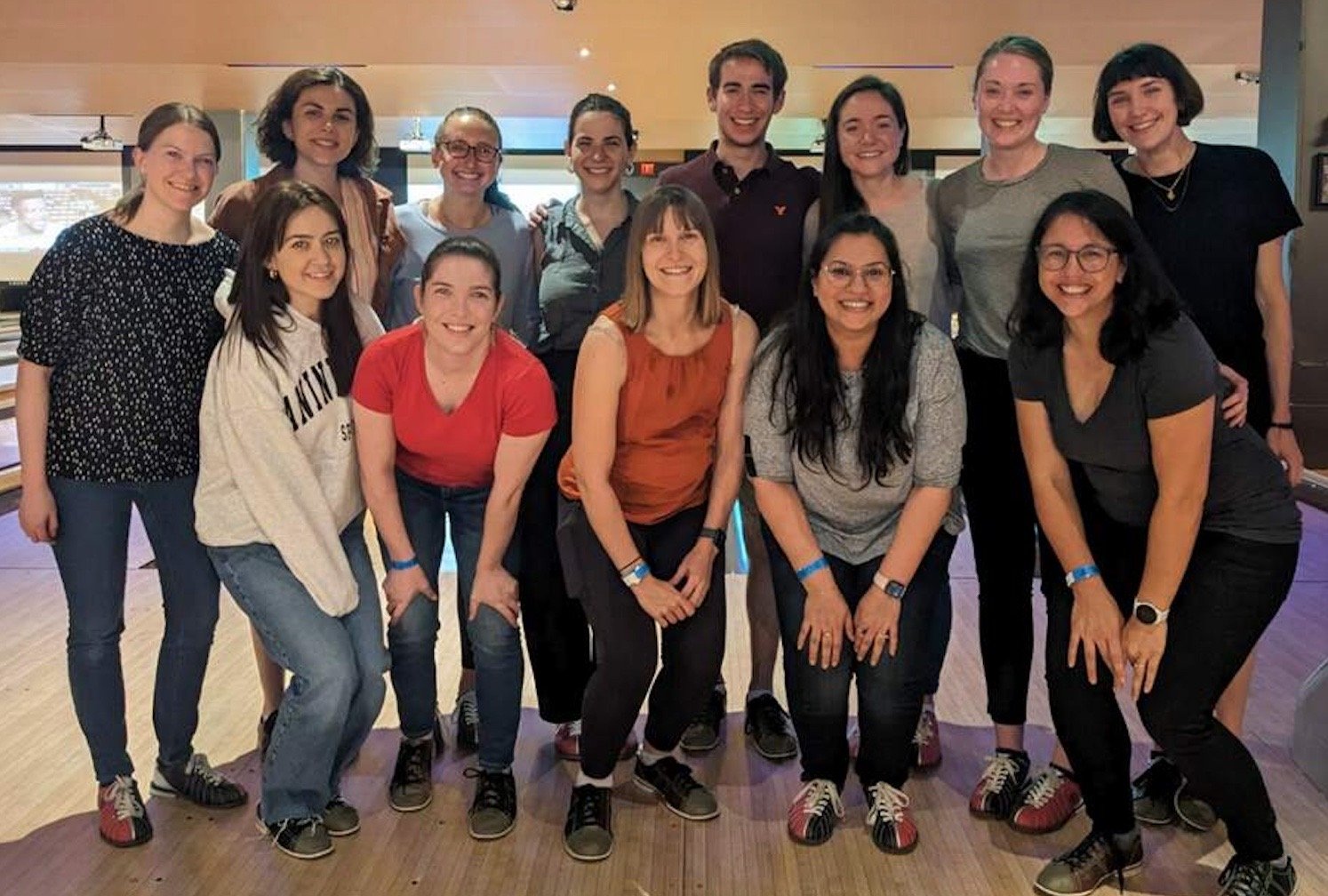In a world where societal pressures and media influence often focus on women's body image, it's crucial to shed light on a less-discussed but equally pressing issue: men, body image, and eating disorders. Research on men's culture and body image reveals a complex interplay of factors influencing how men perceive and engage with their bodies. Societal expectations, media representations, and peer influences play significant roles in shaping men's body image ideals.
For instance, many men experience muscular dysmorphia, a condition where individuals obsessively pursue extreme muscle growth, often to the detriment of their mental and physical health. This topic was the focus of my doctoral research where I found that steroid-using, body-building men often had similar psychological challenges as women living with anorexia.
Understanding this evolving landscape is crucial in addressing men's body image issues and promoting a healthier, more inclusive perspective on masculinity and self-worth. By understanding these challenges, men’s health advocates hope to foster greater awareness, empathy, and support for men facing these issues.
In this episode, I interview Ross Sonnenblick about his doctoral research, his desire to help others, and his lived experience with body image challenges.
About Ross Sonnenblick
Ross Sonnenblick is a clinical psychology PhD student at Drexel University, where his research focuses on men’s experiences with eating disorders. He has a long-standing interest in positive psychology, and his ultimate goal is to help all people feel better in their bodies and about themselves. Ross believes that to improve our collective mental health, we must first acknowledge how our mental health can falter. To that end, he is passionate about reducing the societal stigma surrounding mental illness, especially in men.
Show Notes
National Organizations
National Eating Disorders Association (NEDA) https://www.nationaleatingdisorders.org/
Drexel University Center for Weight, Eating, and Lifestyle Science (WELL Center) https://drexel.edu/coas/academics/departments-centers/well-center/
University of Pennsylvania Center for Weight and Eating Disorders (CWED) https://www.med.upenn.edu/weight/
American Psychological Association Society for the Psychological Study of Men and Masculinities (SPSMM, Division 51) https://www.apa.org/about/division/div51
Eating Disorder Hope, a nonprofit organization https://www.eatingdisorderhope.com/
Project HEAL, a nonprofit organization https://www.theprojectheal.org/
National Association of Anorexia Nervosa and Associated Disorders (ANAD) a nonprofit organization https://anad.org/
Eating Recovery Center, a for-profit treatment collaborative for EDs in 11 states https://www.eatingrecoverycenter.com/
Academy for Eating Disorders (AED) https://www.aedweb.org
Eating Disorders Research Society (EDRS) https://edrs.org
National Alliance for Eating Disorders: https://www.allianceforeatingdisorders.com/
References
Boysen, G., Ebersole, A., Casner, R., & Coston, N. (2014). Gendered mental disorders: Masculine and feminine stereotypes about mental disorders and their relation to stigma. The Journal of Social Psychology, 154(6), 546-565.
Cooper, M., Griffiths, K. M., & Burns, R. (2020). Getting shredded: Development and validation of a measure of muscularity-oriented disordered eating. Psychological Assessment, 32(5), 451.
Eeckhaut, M. C. W., Wagner, J., Neitzke-Spruill, L., Walker, R., & Anderson, T. L. (2020). Is the Gender Gap in Overdose Deaths (Still) Decreasing? An Examination of Opioid Deaths in Delaware, 2013-2017. J Stud Alcohol Drugs, 81(1), 68-73. https://doi.org/10.15288/jsad.2020.81.68
Fiske, L., Fallon, E. A., Blissmer, B., & Redding, C. A. (2014). Prevalence of body dissatisfaction among United States adults: Review and recommendations for future research. Eating Behaviors, 15(3), 357-365.
Forrest, L. N., Smith, A. R., & Swanson, S. A. (2017). Characteristics of seeking treatment among U.S. adolescents with eating disorders. Int J Eat Disord, 50(7), 826-833. https://doi.org/10.1002/eat.22702
Hay, P. J., Loukas, A., & Philpott, H. (2005). Prevalence and characteristics of men with eating disorders in primary care: How do they compare to women and what features may aid in identification? Primary Care & Community Psychiatry, 10(1), 1-6.
Hser, Y. I., Mooney, L. J., Saxon, A. J., Miotto, K., Bell, D. S., Zhu, Y., Liang, D., & Huang, D. (2017). High Mortality Among Patients With Opioid Use Disorder in a Large Healthcare System. J Addict Med, 11(4), 315-319. https://doi.org/10.1097/adm.0000000000000312
Lipson, S. K., Jones, J. M., Taylor, C. B., Wilfley, D. E., Eichen, D. M., Fitzsimmons-Craft, E. E., & Eisenberg, D. (2017). Understanding and promoting treatment-seeking for eating disorders and body image concerns on college campuses through online screening, prevention and intervention. Eat Behav, 25, 68-73. https://doi.org/10.1016/j.eatbeh.2016.03.020
Murray, S. B., Griffiths, S., & Nagata, J. M. (2018). Community-based eating disorder research in males: A call to action. Journal of Adolescent Health, 62(6), 649-650.
Murray, S. B., Nagata, J. M., Griffiths, S., Calzo, J. P., Brown, T. A., Mitchison, D., Blashill, A. J., & Mond, J. M. (2017). The enigma of male eating disorders: A critical review and synthesis. Clinical psychology review, 57, 1-11.
Raevuori, A., Keski-Rahkonen, A., & Hoek, H. W. (2014). A review of eating disorders in males. Curr Opin Psychiatry, 27(6), 426-430. https://doi.org/10.1097/yco.0000000000000113
Richardson, C., & Paslakis, G. (2021). Men's experiences of eating disorder treatment: A qualitative systematic review of men-only studies. J Psychiatr Ment Health Nurs, 28(2), 237-250. https://doi.org/10.1111/jpm.12670
Seidler, Z. E., Wilson, M. J., Rice, S. M., Kealy, D., Oliffe, J. L., & Ogrodniczuk, J. S. (2022). Virtual connection, real support? A study of loneliness, time on social media and psychological distress among men. International Journal of Social Psychiatry, 68(2), 288-293.
Shingleton, R. M., Thompson-Brenner, H., Thompson, D. R., Pratt, E. M., & Franko, D. L. (2015). Gender differences in clinical trials of binge eating disorder: An analysis of aggregated data. J Consult Clin Psychol, 83(2), 382-386. https://doi.org/10.1037/a0038849
Smink, F. R., van Hoeken, D., & Hoek, H. W. (2012). Epidemiology of eating disorders: incidence, prevalence and mortality rates. Curr Psychiatry Rep, 14(4), 406-414. https://doi.org/10.1007/s11920-012-0282-y
Støving, R. K., Andries, A., Brixen, K., Bilenberg, N., & Hørder, K. (2011). Gender differences in outcome of eating disorders: a retrospective cohort study. Psychiatry research, 186(2-3), 362-366.
Strobel, C., Quadflieg, N., Naab, S., Voderholzer, U., & Fichter, M. M. (2019). Long-term outcomes in treated males with anorexia nervosa and bulimia nervosa - A prospective, gender-matched study. Int J Eat Disord, 52(12), 1353-1364. https://doi.org/10.1002/eat.23151




